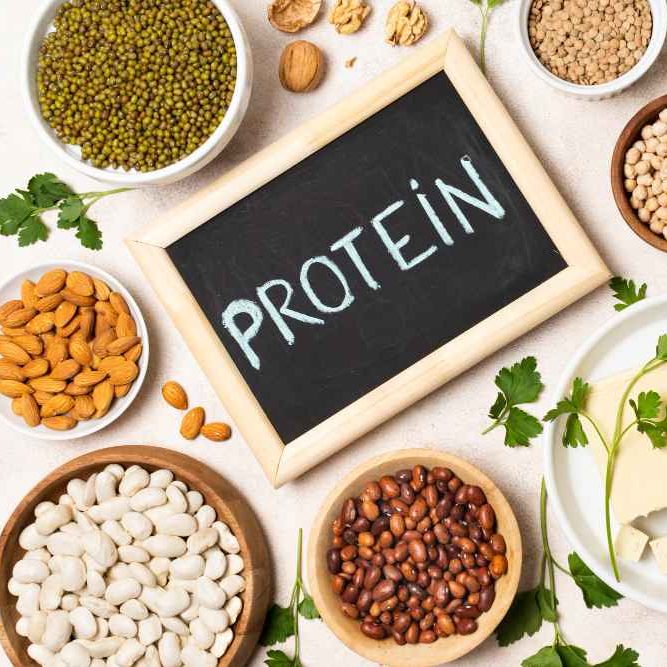Sustainable Tips for Rapid Weight Loss

Losing weight quickly can be a desirable goal, but it’s essential to approach it with caution and focus on sustainable strategies that promote long-term health. By combining scientific principles with sustainable lifestyle changes, you can achieve rapid weight loss while safeguarding your well-being. Here are some evidence-based tips to help you on your journey:
1. Set Realistic Goals:
Before embarking on any weight loss journey, it’s crucial to set realistic and achievable goals. Aim for a healthy rate of weight loss, typically 1-2 pounds per week. Setting unrealistic expectations can lead to frustration and disappointment.
2. Prioritize Nutrition:
Focus on eating nutrient-dense foods that provide essential vitamins, minerals, and antioxidants while keeping you feeling full and satisfied. Emphasize lean proteins, whole grains, fruits, vegetables, and healthy fats while minimizing processed foods, sugary snacks, and high-calorie beverages.

3. Practice Portion Control:
Be mindful of portion sizes to avoid overeating. Use smaller plates, bowls, and utensils to help control portion sizes visually. Pay attention to hunger and fullness cues, and aim to stop eating when you feel satisfied, not overly full.
4. Stay Hydrated:
Drinking an adequate amount of water throughout the day can help curb hunger and promote weight loss. Aim to drink at least 8-10 cups of water daily, and consider consuming water-rich foods like fruits and vegetables to stay hydrated.
5. Incorporate Physical Activity:
Regular exercise is essential for weight loss and overall health. Incorporate a combination of cardiovascular exercise, strength training, and flexibility exercises into your routine. Aim for at least 150 minutes of moderate-intensity exercise or 75 minutes of vigorous-intensity exercise per week, as recommended by health guidelines.
6. Get Sufficient Sleep:
Prioritize quality sleep, as inadequate sleep can disrupt hormones that regulate appetite and metabolism, leading to weight gain. Aim for 7-9 hours of sleep per night, and establish a consistent sleep schedule to promote optimal rest.

7. Manage Stress:
Chronic stress can contribute to weight gain by increasing cravings for high-calorie foods and promoting unhealthy eating habits. Practice stress-reducing techniques such as deep breathing, meditation, yoga, or spending time in nature to manage stress effectively.
8. Seek Support:
Surround yourself with a supportive network of friends, family, or a professional healthcare team who can provide encouragement, accountability, and guidance on your weight loss journey. Consider joining a support group or working with a registered dietitian or certified personal trainer for personalized support.
9. Monitor Progress:
Track your progress using measurable metrics such as weight, body measurements, and changes in fitness level. Celebrate your successes along the way, and adjust your approach as needed to stay on track toward your goals.

10. Be Patient and Persistent:
Remember that sustainable weight loss takes time and consistency. Stay committed to your goals, even when faced with challenges or setbacks. Focus on making small, positive changes each day, and trust the process as you work toward achieving your desired results.
In conclusion, losing weight fast requires a strategic and sustainable approach that prioritizes nutrition, physical activity, sleep, stress management, and support. By incorporating these science-backed tips into your lifestyle, you can achieve rapid weight loss while promoting long-term health and well-being. Always consult with a healthcare professional before making significant changes to your diet or exercise routine, especially if you have any underlying health conditions.
